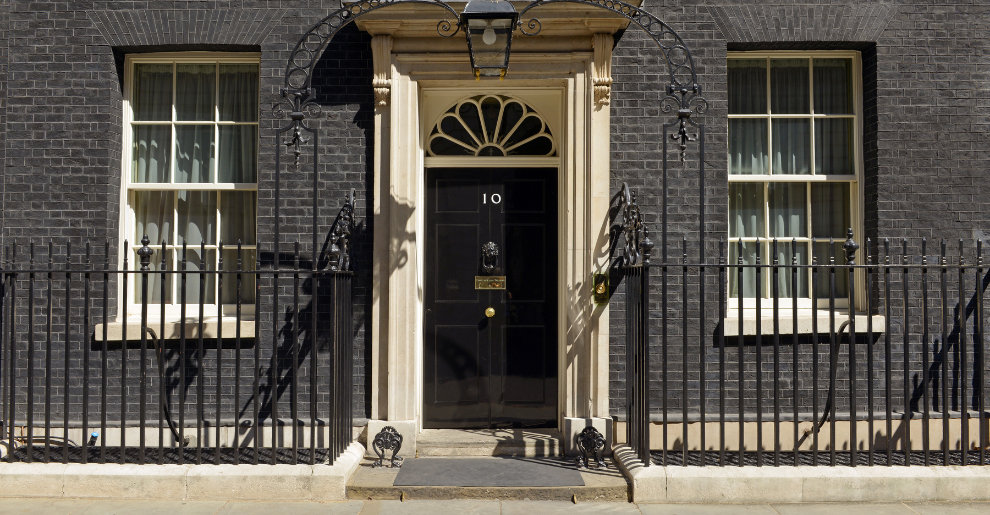Jargon busting – wills
You have decided to make your will. You’ve met with your solicitor, discussed your needs and received advice. You then receive your will to review, but find it contains words you may not fully understand. Let’s look at some of those terms and remove any doubt or confusion about their meaning. Why is jargon used in wills? Legal terms are used in formal documents to ensure clarity. A will is a formal document. The terms used form a kind of shorthand to save lengthy explanations or repetition throughout the document.…









